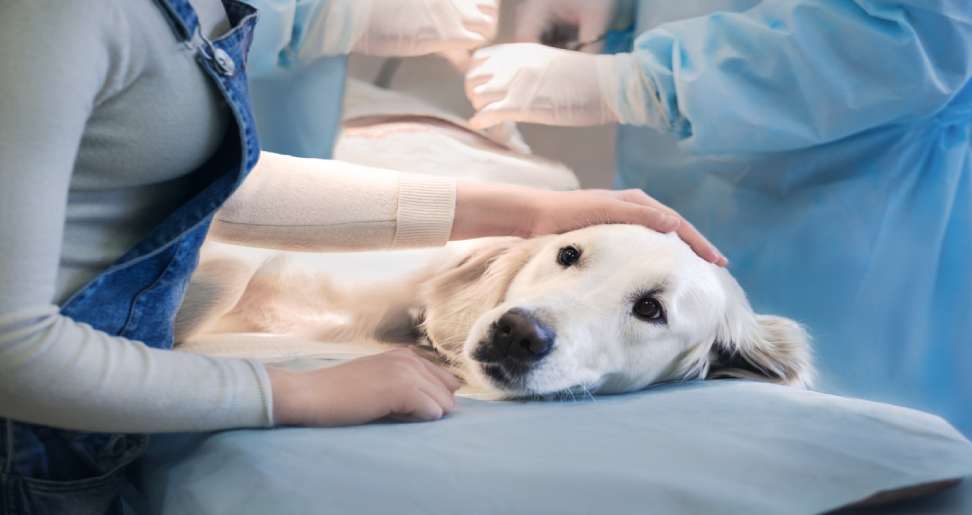When your beloved pet faces a medical emergency, knowing where to turn for immediate help is crucial. An emergency vet clinic can be a lifeline for your furry family members, providing urgent care and peace of mind when every second counts. In this article, we will explore what an emergency clinic is, the types of emergencies they handle, the importance of timely care, and how to choose the right clinic for your pet’s needs.
Understanding Emergency Vet Clinics
An emergency vetnary clinic is a specialized veterinary facility equipped to handle urgent and critical health issues in animals. Unlike regular veterinary practices, these clinics operate 24/7, ensuring that expert care is available at any hour of the day or night. They are staffed with experienced veterinarians and veterinary technicians who are trained to deal with a wide range of emergencies, from trauma and poisoning to severe infections and sudden illnesses.
Types of Emergencies Handled
Trauma and Accidents
Pets can be prone to accidents, whether it’s a fall, a car accident, or an injury from another animal. Trauma can lead to broken bones, internal injuries, and severe bleeding. An emergency clinic is equipped with the necessary tools and expertise to stabilize your pet and provide immediate treatment.
Poisoning
Pets are naturally curious and may ingest harmful substances like household cleaners, plants, or human medications. Poisoning can cause a range of symptoms, from vomiting and seizures to organ failure. Prompt intervention at an vet clinic can significantly improve the chances of recovery.
Severe Infections
Infections such as parvovirus in dogs or feline panleukopenia can rapidly escalate, leading to life-threatening conditions. These infections require aggressive treatment and constant monitoring, which an vet clinic can provide.
Respiratory Distress
Difficulty breathing can be caused by various issues, including allergic reactions, heart disease, or foreign objects lodged in the airway. An emergency vet clinic has the equipment to administer oxygen and perform life-saving procedures to ensure your pet can breathe comfortably.
The Importance of Timely Care
When it comes for the pet emergencies, and the time is of the essence. Delaying all sorts of treatment that can lead to worsening of the condition, irreversible damage, or even death. Emergency clinics for animals are designed to provide swift and effective care, minimizing the risk to your pet’s health. Immediate access to diagnostic tools such as X-rays, ultrasound, and blood tests allows veterinarians to quickly determine the underlying issue and start appropriate treatment.
How to Choose the Right Emergency Veterinary Clinic
Location and Accessibility
In an emergency, getting to the clinic quickly is vital. Choose an emergency veterinary clinic that is easily accessible from your home. Familiarize yourself with the route and estimated travel time, so you are prepared when an emergency arises.
Qualifications and Experience
Ensure the clinic is staffed with qualified and experienced veterinarians who have a background in emergency and critical care. Check for certifications and read reviews from other pet owners to gauge the quality of care provided.
Facility and Equipment
A well-equipped clinic is essential for handling various emergencies. Look for a facility that has advanced diagnostic tools, surgical suites, and the ability to provide intensive care. A tour of the clinic can give you a better idea of their capabilities.
Emergency Protocols
Understanding the clinic’s emergency protocols can give you peace of mind. Find out how they handle after-hours emergencies, what the wait times are typically like, and how they communicate with your regular veterinarian.
Preparing for Pet Emergencies
Know the Signs of an Emergency
Being aware of the signs that indicate a pet emergency can help you act quickly. Symptoms such as excessive bleeding, difficulty breathing, sudden collapse, or severe pain require immediate attention from an emergency clinic.
Keep a Pet First Aid Kit
Having a well-stocked pet first aid kit can help you manage minor injuries and stabilize your pet on the way to the clinic. Include items such as bandages, antiseptic wipes, a digital thermometer, and any medications your pet may need.
Have Important Information Handy
Keep a list of important information, such as your pet’s medical history, medications, and the contact details of your regular veterinarian and the nearest emergency vet clinic. This can expedite the process when you arrive at the clinic.
Conclusion
An emergency vet clinic is an essential resource for pet owners, providing critical care when it’s needed most. Understanding the services they offer, knowing how to choose the right clinic, and being prepared for emergencies can make a significant difference in your pet’s health and well-being. By familiarizing yourself with the nearest vet clinic, you can ensure that your furry friends receive the best possible care during a crisis.
Read more:
- The Future of Betting is Digital: Ladbrokes’ Vision Unveiled
- The Use of AI Technology in Monitoring Endangered Species
- The Psychology of Motivation: Strategies for Achieving Goals

